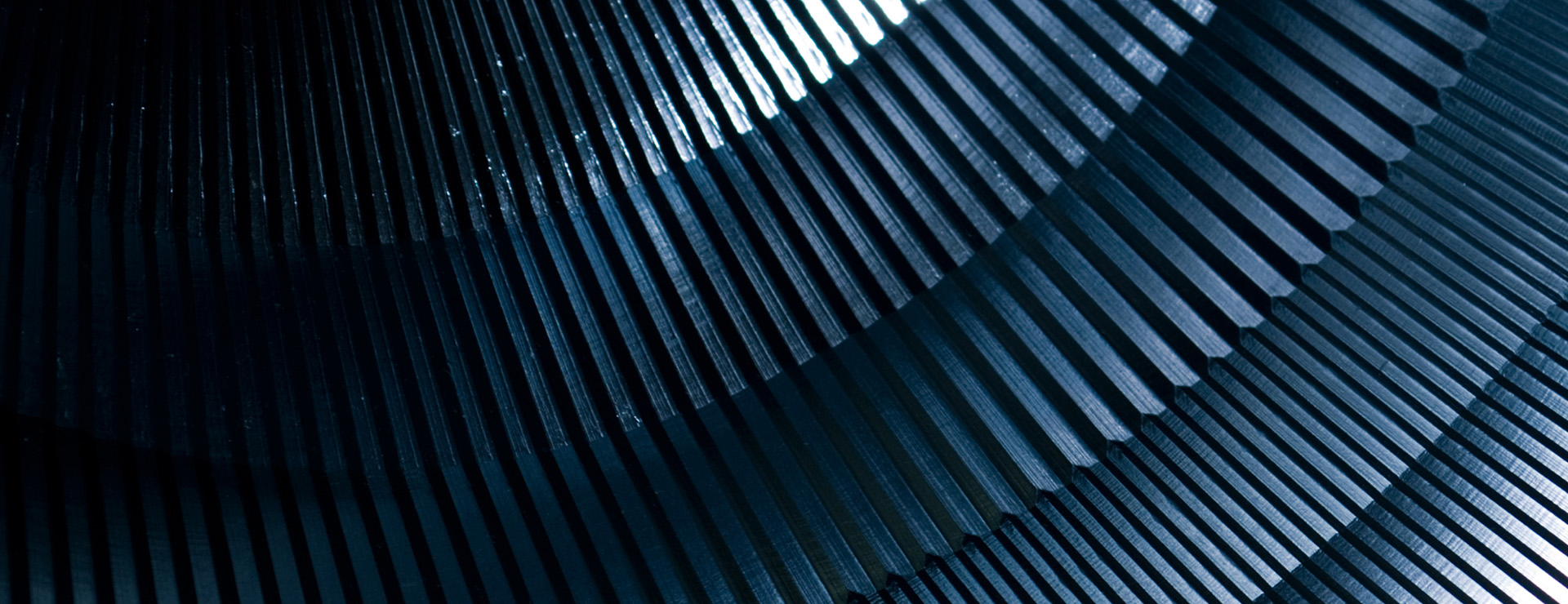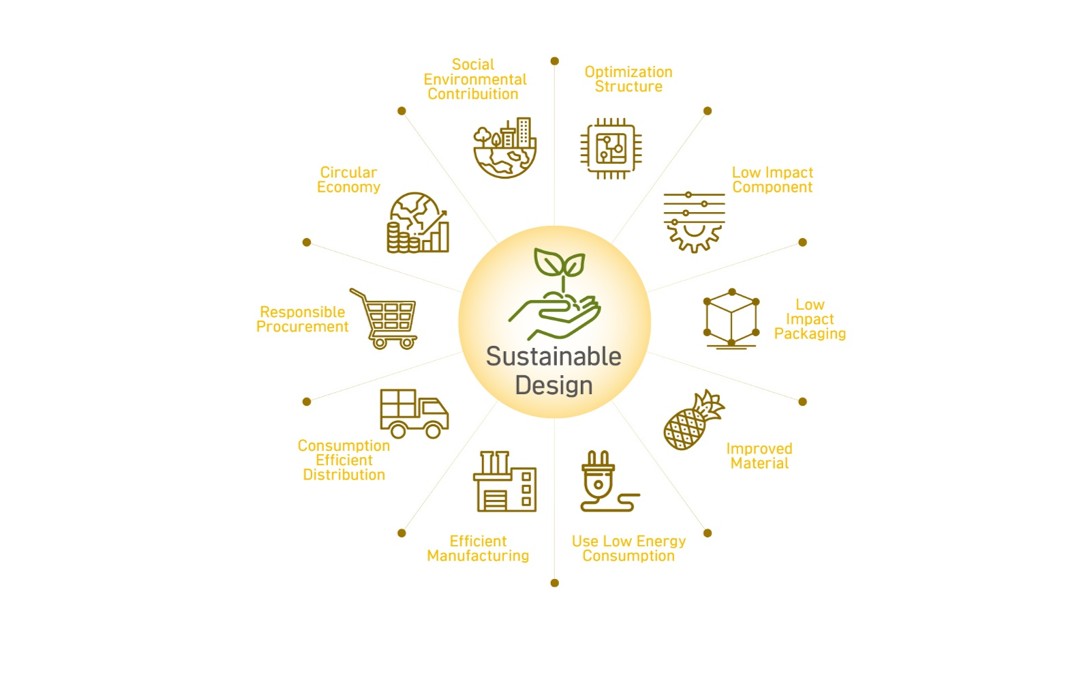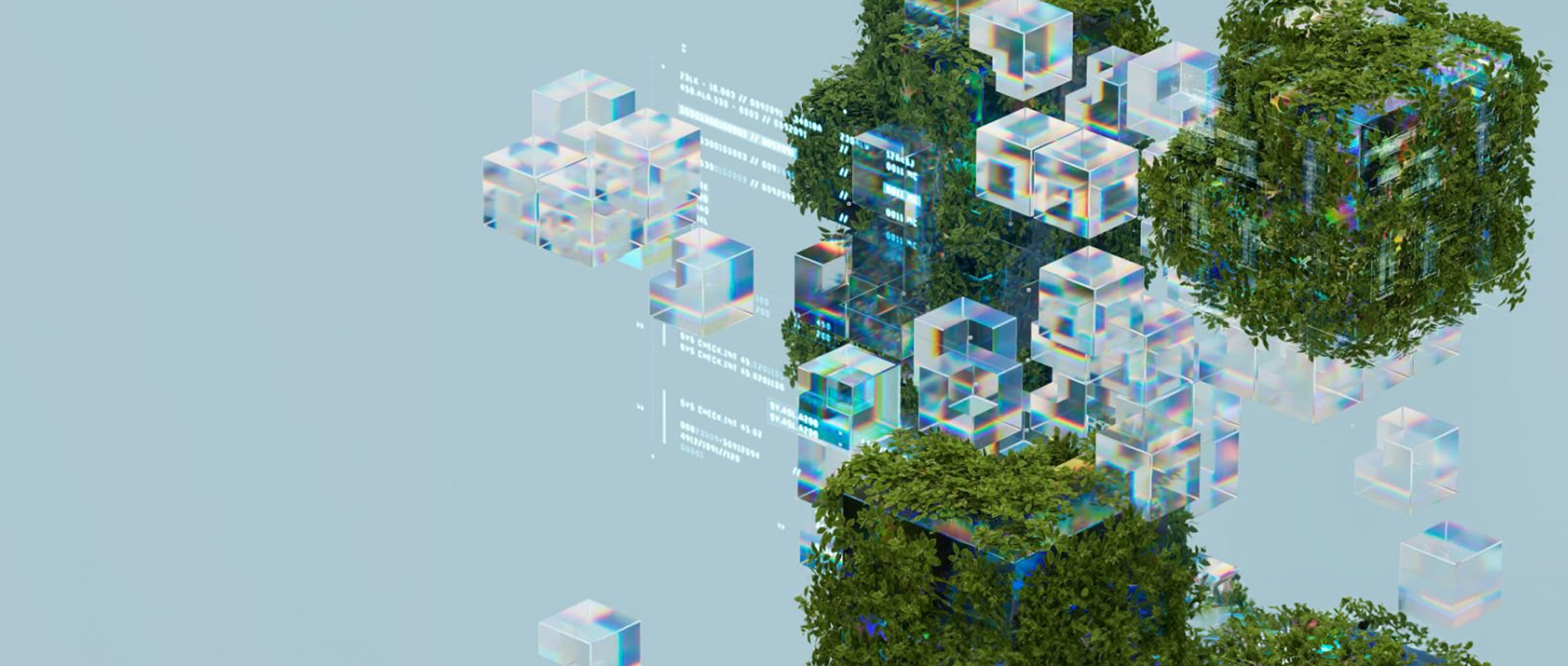
Pursuing Progress and Innovation
MERRY integrates the principles of innovation management with the ten dimensions of sustainable design to support customers in producing more advanced and energy-efficient products. We continuously enhance modular manufacturing and product design capabilities, conserve manufacturing materials, utilize recycled materials, implement environmentally friendly packaging designs, and low energy consumption during the usage phase. This comprehensiveapproach embodies our commitment to green manufacturing and realizes sustainable value for both the environment and society. Simultaneously, with respect to critical global environmental issues such as the management of hazardous chemical substances in products and water-related risks, we have established robust management protocols. We continuously integrate internationally recognized environmental concerns into the processes of product research and development, production, and design.

Since 2020, MERRY has launched a sustainable design framework project, committed to simultaneously enhancing performance and reducing the environmental footprint throughout the entire product lifecycle in the development of next-generation products. This framework comprehensively encompasses every stage—from raw material selection, product design, and manufacturing to the usage phase, final disposal, and recycling—ensuring optimal product performance while minimizing external environmental impacts. By meticulously selecting materials that comply with sustainable standards, adopting environmentally protective production processes, and integrating considerations of product recyclability and ease of disposal during the design phase, MERRY not only enhances the environmental performance of its products but also establishes a robust foundation for the company’s long-term sustainable development.
To ensure that the R&D team consistently implements sustainable design in the development of new models, MERRY has been conducting foundational and advanced Cradle-to-Cradle design workshops since the end of 2023. These workshops establish essential knowledge and identify opportunities within product development and business models, embedding the DNA of circular design—including safe and circular material selection and evaluation, modular design, product lifespan extension, dematerialization, and intelligentization—into MERRY’s product development. As of the end of 2024, Merry R&D personnel had recorded a total of 538 training participations. In 2025, relevant educational training will continue. The ''Circular Design Scorecard'' was completed in 2024 and began pilot operation in August 2024. It is expected to be officially implemented in 2025 to enable R&D personnel to self-assess whether developed models comply with circular design principles, thereby integrating the product lifecycle concept into product development management.




